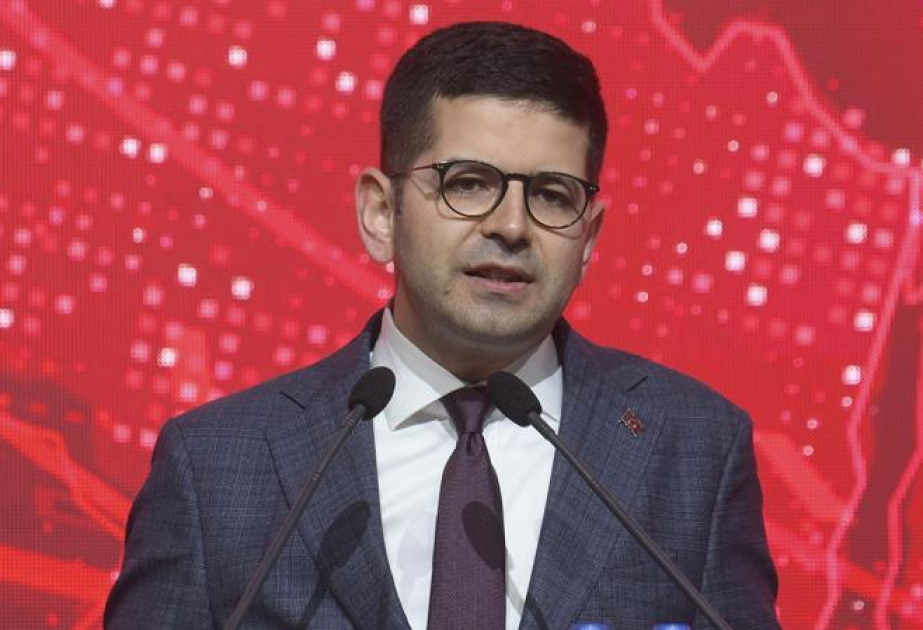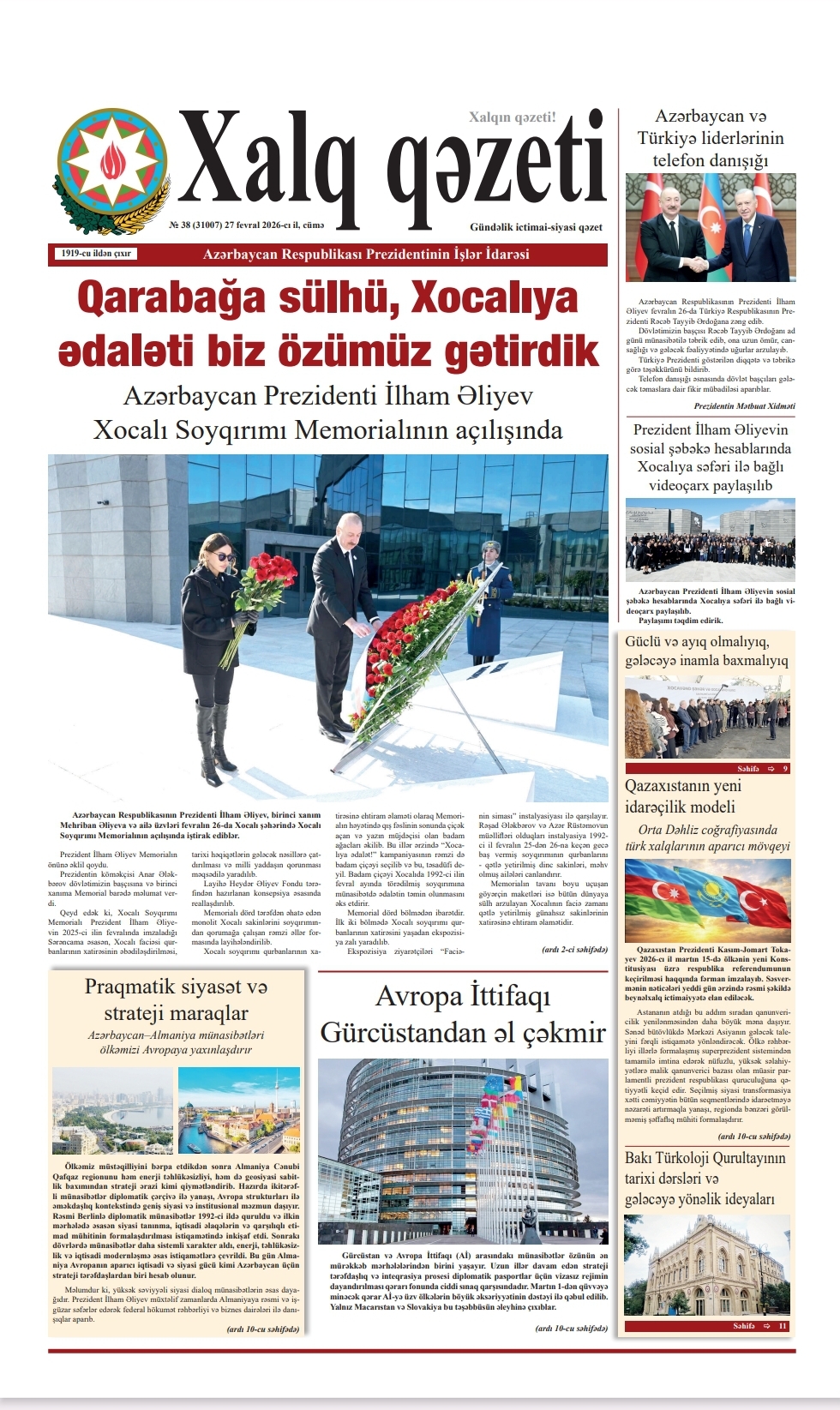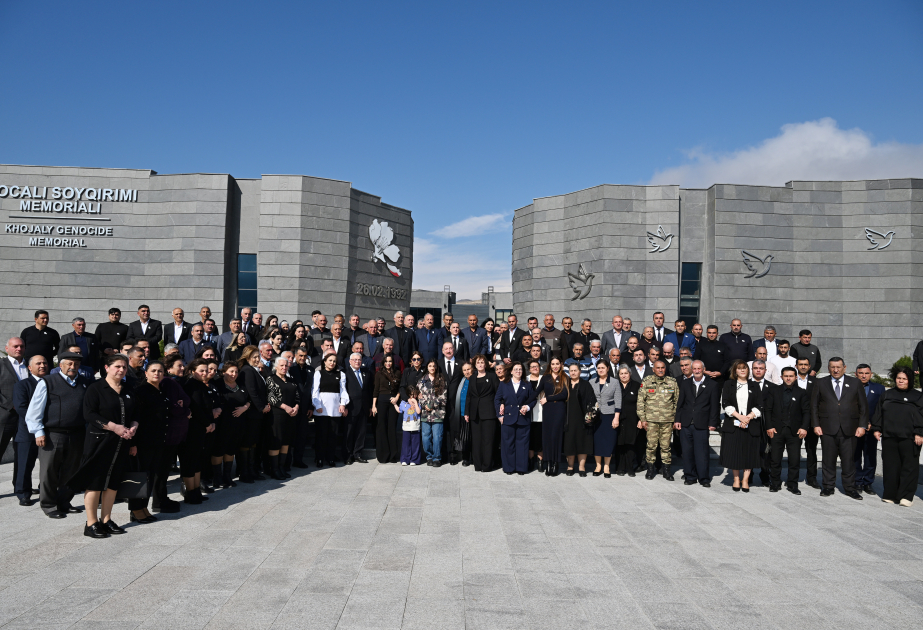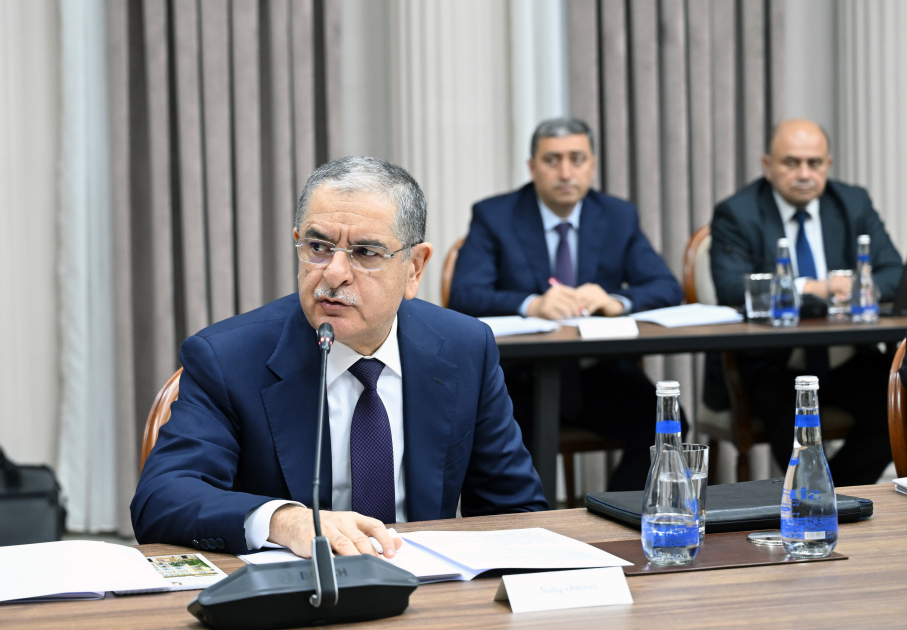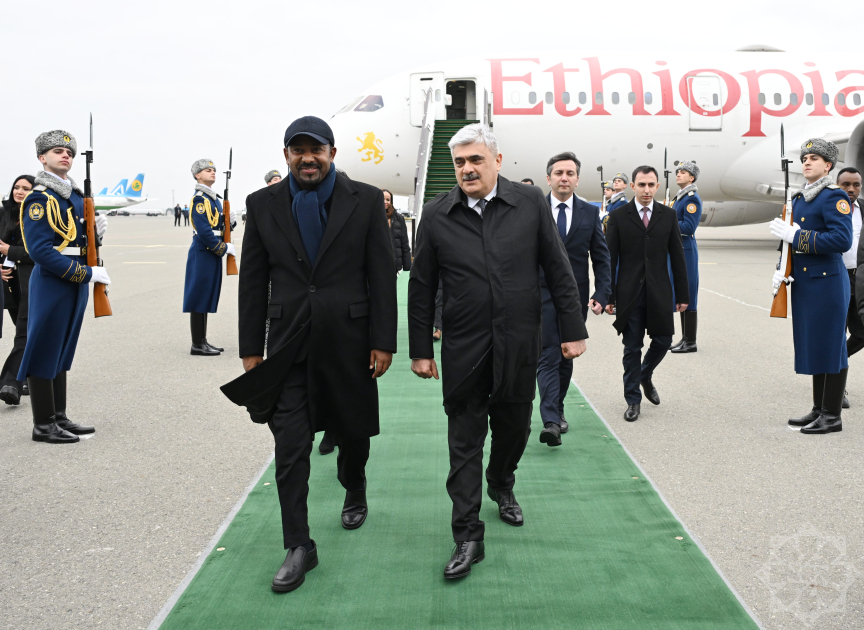Burak Daglioglu, the head of Türkiye's Investment Office, said the country's Foreign Direct Investment (FDI) strategy prepared by the office and covering the 2024-2028 period is designed as a roadmap for attracting investments that will make Türkiye one of the world's most important production and export centers at a time when the global economic geography is being reshaped, Anadolu Agency reports.
In a statement to Anadolu regarding Türkiye's FDI strategy revealed Monday by the office, Daglioglu said the strategy is one of the most important components of the vision of the "Turkish Century," and the strategy, which aims to support Türkiye's economic development with a sustainable and technological transformation-oriented approach, aims to attract more qualified investments by taking into account global investment trends.
“In line with the goal of being among the world's top 10 economies set by our President, this strategy will increase the global competitiveness of our country, accelerate economic growth and expand qualified employment areas,” he said.
He said the new strategy was prepared by taking into account global trends such as the reshaping of global supply chains, reverse globalization and protectionism trends, macroeconomic uncertainties, climate change and environmental sustainability, digitalization, and regional and national industrial policies gaining weight and noted that these trends are important factors affecting the decisions of investors, and Türkiye's adaptation to this changing world order is one of the most critical elements of the strategy.
Daglioglu said that Türkiye's FDI strategy is designed as a roadmap to transform Türkiye into one of the world's leading investment, production and export centers at a time when the global economic geography is being reshaped and said that the strategy document, prepared by the Investment Office with the active contributions of all relevant stakeholders, adopts a sustainable development-oriented and evidence-based approach that takes into account global trends.
"The main objective of the strategy is to increase Türkiye's share of global capital flows through qualified investments and to increase it to 1.5% by 2028."
Daglioglu emphasized that climate-friendly investments, digital investments, global supply chain-oriented investments, knowledge-intensive investments, investments that provide qualified employment, value-added service investments and qualified financial investments are among the qualified investments targeted within the scope of Türkiye's 2024-2028 strategy and that these investments will make significant contributions to the country's sustainable development and technological transformation.
“As part of our vision of the Turkish Century, each of these investments are projects that will guarantee our future,” he said.
He emphasized that the new strategy will significantly increase Türkiye's regional competitiveness.
“Türkiye stands out in its region with its strategic location, qualified workforce and strong logistics infrastructure.
"In the Turkish Century, we aim to be one of the most attractive countries for investors,” he stressed.
In his introduction to Türkiye’s FDI strategy, Daglioglu emphasized that Türkiye continues to claim to be a determined destination for financial and strategic investments thanks to its diversified economy and business culture that supports entrepreneurship.
Thanks to its robust economic performance in the 2003-2023 period and the high-level value propositions it offers to investors, Türkiye has achieved a significant acceleration in FDI inflows and has come out to the forefront in the region with a total of $262 billion of FDI, he said.
"Türkiye, which hosts more than 80,000 multinational companies, has become a regional economic center where the production activities of these companies are supported by R&D centers, design teams, purchasing offices, logistics bases and regional management centers," he said.


